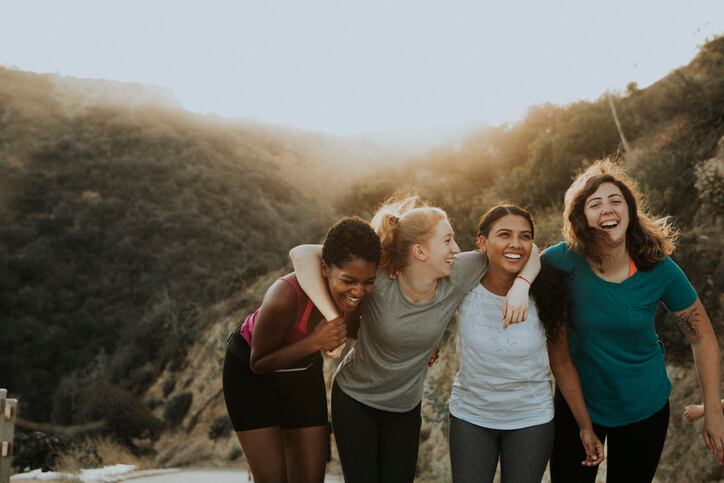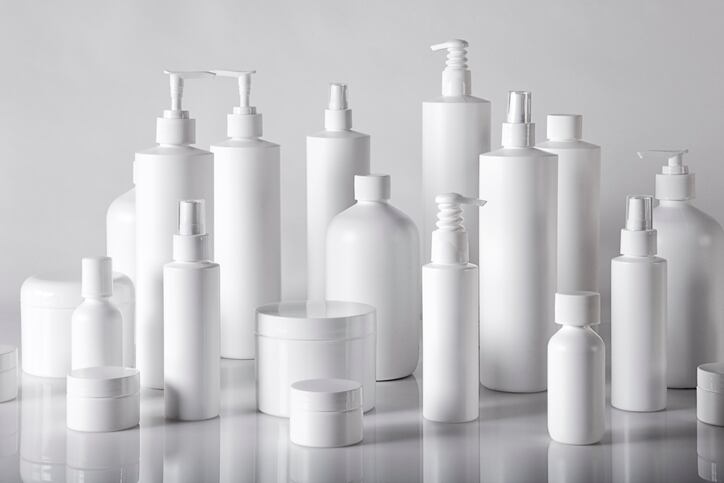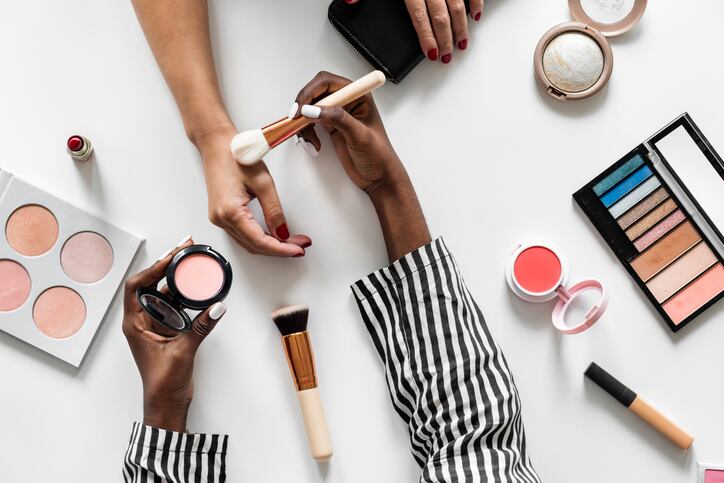Just this month, Paris-based ANJAC Health & Beauty acquired US-based Cosmetix West, citing its client portfolio of “independent local brands that are revolutionising the beauty market worldwide” as a key draw. And back in August, German cosmetics major Beiersdorf also unveiled a dedicated corporate indie brand unit OSCAR&PAUL that it said would be dedicated to testing new business models and bringing innovative ideas to market fast.
So, as indie beauty gains attention and traction in the global market, are the brains behind the brands ready?
Driving business to the next level
Jillian Wright, co-founder and CEO of Indie Beauty Expo, said that, for the most part, independent beauty brands lacked an early global vision.
“I don’t think the majority of [indie brands] are thinking about a global trademark, regulation, compliance, labelling and packaging, and that’s huge missed opportunity,” Wright told CosmeticsDesign-Europe.
Independent beauty brands from Europe and elsewhere, she said, had to start considering this and shift into global, universal thinking.
“You can scale in a way that is sustainable and beautiful and, yes, there are experts out there willing to help share your story and help with constructive criticism to get you to your next level,” she said.

And some of these conversations were already happening, Wright said, between indie brands and the rest of industry - suppliers, marketeers, retailers, associations and various other touch points. “There is a brand-new conversation we’re having with Indie Brands,” she said, that would eventually break down “professional barriers”.
Wright said more and more conglomerates recognised the value of working with independent beauty brands from the start, be it through contributing revenue shares or offering lower minimums and special packages.
‘Independent doesn’t necessarily mean poor or impoverished’
However, Wright said it was important industry remembered independent brands were not necessarily struggling or coming from a small financial base.
“I’ve always said, independent doesn’t necessarily mean poor or impoverished. A lot of independent brands have a lot of financial backing or are very successful. We are going to see a lot of independents maturing, which is also very refreshing,” she said.
Indie beauty was an “amazing community to tap into and to live harmoniously with”, she said, and one that could not be ignored. “There’s enough room for everybody and there is enough space to have conversations about the beauty industry where we can all do well, financially.”
‘Less is more’ must be the sustainable goal
However, Wright said as collaboration and conversation expanded, it would be important to prioritise sustainability and address unnecessary packaging and ingredients.
“It’s very important to spread the message of ‘less is more’ and we have a fundamental responsibility, not only to humans but also to our environment, and we can collectively do it together.
“…It’s important to ignite these conversations that might interrupt certain ways of doing business. It’s important for the future of the beauty industry and the success of independent brands.”
Indie Beauty Expo lands in London next month for a two-day event following this month’s New York show. We previously heard from Jillian about how female wellness was trending in the global indie beauty category, led largely by female founders.




